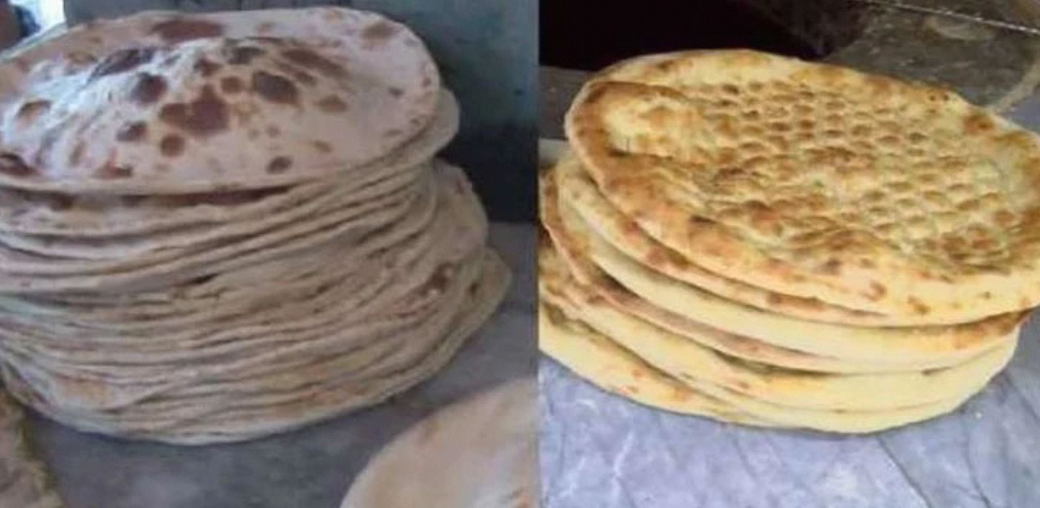
CM Maryam Nawaz Orders Reduction in Roti Prices in Punjab
Punjab Chief Minister Maryam Nawaz has taken a decisive step towards addressing the rising cost of living by ordering a significant reduction in roti prices across the province. This move, aimed at providing relief to the common people, reflects her administration’s focus on food security and economic justice in one of Pakistan’s most populous regions. The directive comes amid increasing public concern over inflation and the spiraling prices of essential food items, which have particularly affected lower and middle-income households.
Roti, a staple food in Pakistani households, has seen a steady rise in prices over the past several years due to inflationary pressures, increased fuel costs, and fluctuations in wheat supply. In many urban and rural areas, the price of a single roti had escalated beyond the reach of daily wage earners and those living below the poverty line. Recognizing the centrality of bread to the average citizen’s diet, Maryam Nawaz’s administration has made it a priority to ensure that no citizen goes hungry due to unaffordable prices of basic food items.
The new order mandates a standard price for roti, significantly lower than current market rates, and directs all district administrations to ensure strict implementation. Local authorities have been tasked with conducting inspections and taking legal action against tandoor owners who fail to comply with the new pricing structure. Additionally, measures are being taken to stabilize wheat supply chains to prevent future fluctuations in flour availability, which directly impacts the cost of roti production.
In her public statements, Chief Minister Maryam Nawaz emphasized that the decision is not just an economic one, but a moral responsibility. She stated that the government has an obligation to ensure that basic necessities remain accessible to all segments of society, especially the most vulnerable. The move has been welcomed by many civil society groups and welfare organizations, who see it as a much-needed intervention at a time when food insecurity is on the rise.
Maryam Nawaz To support this initiative, the provincial government has also announced subsidies for wheat flour and has increased monitoring of flour mills to prevent hoarding and artificial price hikes. Officials from the food department have been deployed to work closely with mill owners and tandoor operators to maintain an uninterrupted supply of quality flour at reasonable prices. The goal is to create a system where roti remains affordable without compromising on quality or availability.
The business community, particularly tandoor owners, Maryam Nawaz has expressed mixed reactions to the move. While some support the government’s attempt to protect low-income consumers, others have voiced concerns about the feasibility of sustaining operations at lower prices given rising utility and labor costs. In response, the Punjab government has hinted at possible energy subsidies and tax relief for small-scale food vendors, ensuring that the burden of price cuts does not fall entirely on their shoulders.
Maryam Nawaz’s leadership style, since taking office, has leaned heavily toward public welfare and administrative reforms. Her decision to intervene in food pricing is seen as part of a broader strategy to enhance the quality of life for Punjab’s citizens. It also signals a shift toward a more hands-on, people-centric governance model, where economic policies are closely aligned with social outcomes. Political analysts suggest that this policy could strengthen her popularity among the masses and reinforce her image as a leader focused on tangible improvements in daily life.
As the Maryam Nawaz moves forward with implementing the roti price reduction across the province, the eyes of the public and political observers remain fixed on the administration’s ability to balance market realities with its social commitments. The success of this initiative will depend not only on government directives but also on collaboration with stakeholders across the food supply chain.







